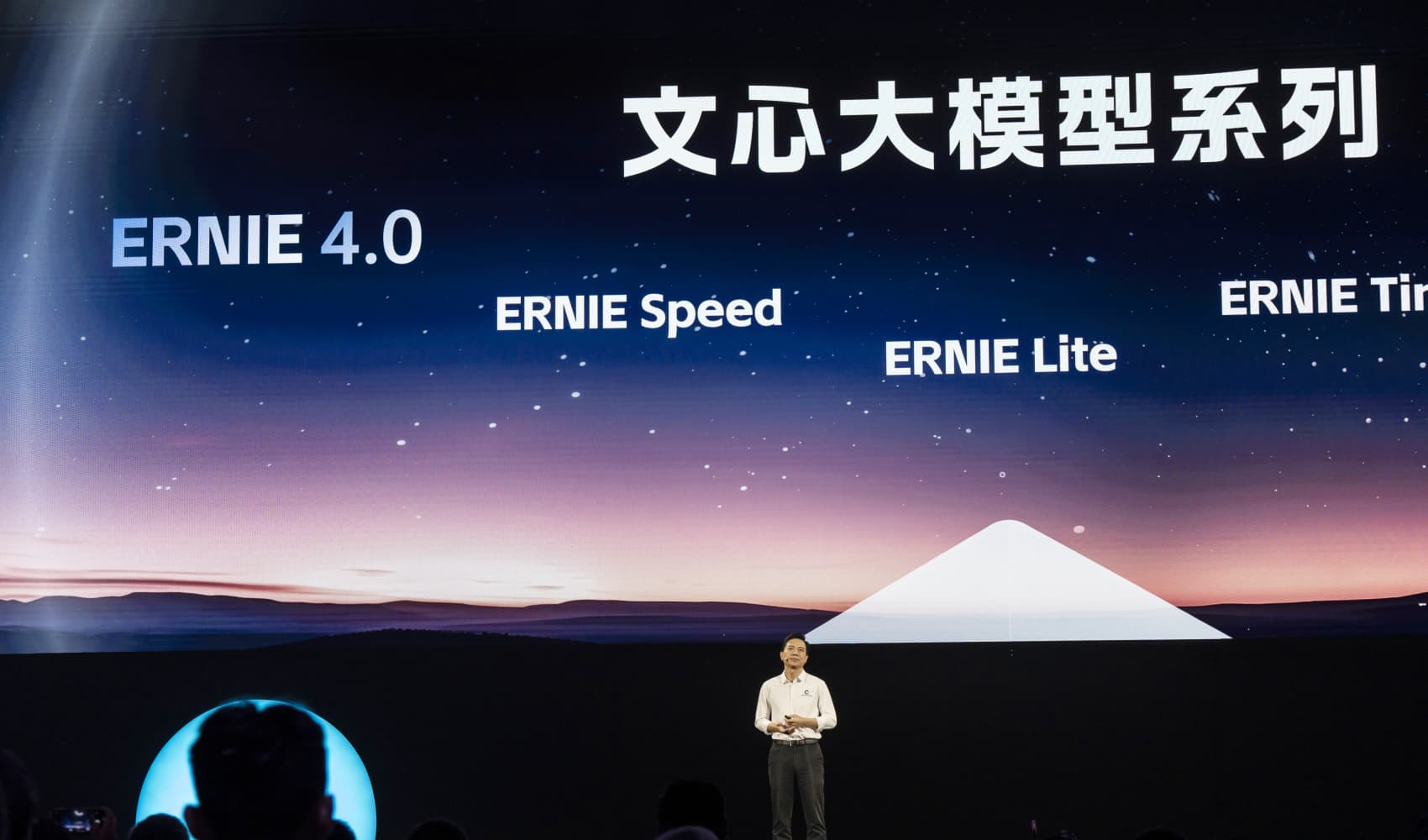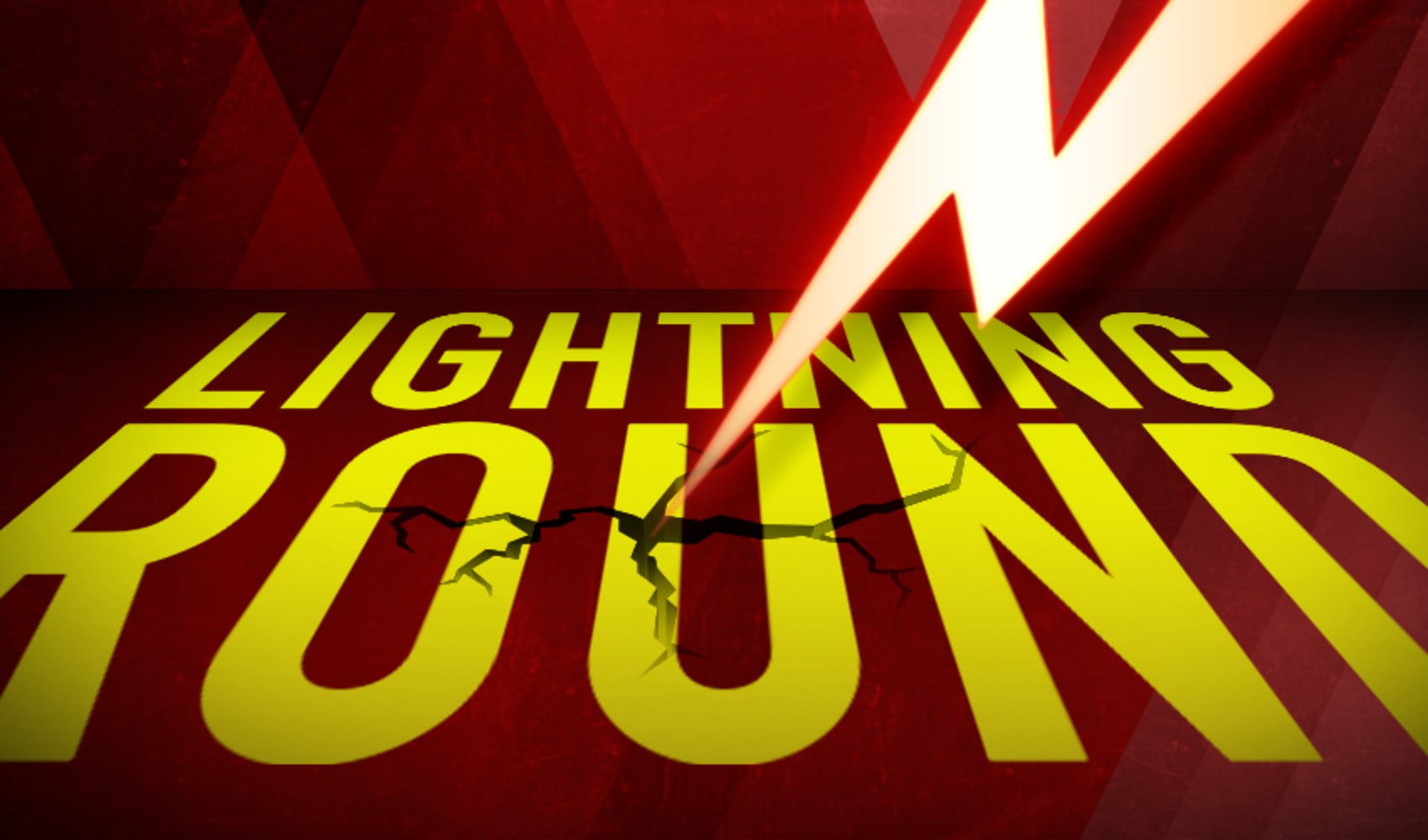
The next generation of investors are super online — instead of traditional investments, many Gen Z and young millennial investors, from teens to those in their early 20s, are bullish on cryptocurrency and the technology that surrounds it.
This includes digital coins and blockchains, like bitcoin and ethereum; meme coins, like dogecoin; NFTs, or nonfungible tokens; and DeFi, or decentralized finance.
Some have spent the bulk of their savings on these type of investments: Nearly half of millennial millionaires have at least 25% of their wealth in cryptocurrencies, according to a new CNBC Millionaire Survey. More than a third of millennial millionaires have at least half their wealth in crypto and about half own NFTs.
Young investors have also taken part in recent meme stock rallies, which occur when retail investors buy up shares of stocks shorted by Wall Street hedge funds, like GameStop and AMC Entertainment. In part, the investors hope to force hedge funds to pay, overcoming what they see to be an inefficient system.
Get Southern California news, weather forecasts and entertainment stories to your inbox. Sign up for NBC LA newsletters.
One reason young people have turned to alternative investments like crypto is simple: Many just don't trust traditional investment institutions, as Allison Reichel, 23, tells CNBC Make It. They prefer to rely on their own research rather than use insights from traditional institutions, like financial advisors from legacy firms.
That includes Reichel herself. While working on her Ph.D. in economics, Reichel is also a senior editor at crypto news site Blockworks in Washington, D.C. She started to invest "heavily" in crypto this year, and her crypto holdings account for most of her portfolio, she says. Reichel plans to hold her bitcoin and ether long term.

But this distrust isn't the only thing driving young people to invest in cryptocurrencies and meme stocks. First, many have a genuinely positive outlook on blockchain technology. And second, at the same time that they feel disconnected from traditional investments, many are finding community, and sometimes fun, in the crypto space. They want to invest in what they connect with, whether it be stocks, coins or digital assets.
Money Report
CNBC Make It talked to several Gen Z and young millennial investors, like Reichel, about how these factors impact where they choose to put their money, and why they're still investing with caution.
'I'm big on the technology'
Although some young traders bet on altcoins and attempt to turn a quick profit through buying and selling, many plan to "hodl" their favorite cryptocurrencies for the long haul.
"In any crypto, you have those super strong network effects where people believe in it so much that they're like, 'I'm never selling because I believe it's the future of finance,'" Reichel says. "I see the long-term applicability and use of crypto," she says of her own plans to hold.
That's true of many young investors, who believe in the technology itself.
While doing research for her Ph.D., Reichel was inspired by how bitcoin was being used to help those in need in different countries. In Venezuela, for example, crypto was a way that families could still receive money from relatives in the U.S. during a time when the president wasn't allowing humanitarian aid.
And although its high price may make owning bitcoin seem unattainable, Reichel points out the option to buy fractional shares called satoshis.
Similar reasons led 23-year-old Kyla Scanlon to begin investing in bitcoin and ether during college in 2016. "I really liked the application that [bitcoin] has for people who are unbanked. My whole life thesis is, 'How do we create financial accessibility and equality for everybody?' I think crypto is one step in allowing people who don't have access to traditional methods like banks to do so," she says.

Scanlon first started trading options in high school and began working in asset management after graduating from college, which has boosted her confidence in her personal investment decisions, she says. Her core cryptocurrency holdings still consist of bitcoin and ether, and she also owns stock in companies like Roblox, Facebook and Etsy.
Scanlon is also bullish on blockchain technology, which is a decentralized digital ledger that documents cryptocurrency transactions and other information. "I don't know if bitcoin will ever be like a currency, but I'm big on the technology," she says.
Kayla Kilbride, a 24-year-old known on financial TikTok as @girlstalkstocks with more than 108,000 followers, has "a growing confidence in bitcoin and ethereum specifically," due to the capabilities of each blockchain.
Kilbride began investing in bitcoin and ether earlier this year, starting with small amounts here and there. She has just a few hundred dollars invested in cryptocurrency, but plans to continue to grow her holdings. In lieu of a full-time job, she currently day trades and sells NFTs of her social media content to earn income.
"As I began to understand the blockchain and the technology behind it, that is when I felt comfortable saying 'OK, even if I invested when bitcoin was priced at $60,000 and it drops down to, let's say, $20,000 or even lower, I can still support it, even if I lose money in the endeavor,'" Kilbride says. "The risk was worth it because I liked the technology."
Many financial experts view cryptocurrency as a speculative, volatile and risky investment that can be susceptible to fraud.
But this doesn't worry Reichel, Scanlon and Kilbride much, in part because they're intentional with their investments.
Reichel is extremely bullish on bitcoin's future value, but only invests what she can afford to lose. "I'm comfortable losing it because I make sure that I have all my bills paid," she says. "Obviously it's great when the gains come, but for me, [bitcoin is] truly something that I believe has the potential to revolutionize monetary regimes throughout the world."
A distrust with traditional institutions
Of course, many Gen Z and young millennial investors initially turned to cryptocurrency as a way to avoid traditional financial institutions, but still build wealth.
Reichel, Scanlon and Kilbride, who all research on their own and invest without the help of financial advisors, say part of their distrust stems from witnessing inequitable and inefficient financial systems.
The younger generation worries about their wealth and retirement, Reichel says. They don't want to rely on the same traditional systems that their parents did. "I think a lot of people see inefficiencies and really want to change it," she says.
Scanlon agrees. She also believes concerns over inflation are driving some interest in cryptocurrency among young people.
And with crypto, the barrier to entry is often low.
"It's about accessibility," says Cooper Turley, a crypto strategist at ethereum-based streaming app Audius. "With most tokens, there is no IPO. Retail investors have the same opportunities to contribute to and earn value from early stage [crypto] projects the same way venture capitalists do."

Turley, 25, invested in bitcoin and ether in 2017 while in college, and now, he says those investments have made him a millionaire. Turley is an angel investor in the space, he says, and also acts as an advisor for Variant Fund, a crypto venture firm.
"This paradigm shift of democratized ownership paired with 24/7 trading and always-on exchanges is far more native to an internet-savvy generation than using a brokerage," he says.
Still, it's important to note that there are significant downsides to crypto. Experts warn investors to be cautious when putting money into cryptocurrency; it can be extremely volatile and it's possible to lose your entire investment.
A love of memes
Many young investors also choose to have fun with their investments by buying meme coins, like dogecoin, and meme stocks, like GameStop and AMC Entertainment.
"Crypto and meme stocks are more memorable to young investors than traditional companies," Turley says. "Young investors care far less about the bottom line of a corporation and far more about a meme or narrative they can collectively share with their friends."
Dogecoin, for example, launched in 2013 based on the "Doge" meme, which portrays a shiba inu dog. Its creators didn't intend for dogecoin to be taken seriously, but it is now one of the top 10 cryptocurrencies by market cap, with a market value of over $22 billion.
Kilbride sees dogecoin as a way to introduce people to crypto. "Dogecoin, being very cheap, is affordable. It's easy to understand," Kilbride says, which is part of the reason she bought it, too. "I've invested more in bitcoin and ethereum because of dogecoin [gains]."

"Meme stocks take away those super scary aspects of finance," Reichel says. "When you think about the stock market, the typical picture is all of these older guys in suits who have been running it for years." That's not true for something like dogecoin.
There's also the feeling that seemingly everyone is getting in on the action. Though many meme coins are entirely speculative, very risky and sometimes fraudulent, it can be difficult to not jump in on the trades. "It can be hard with all the FOMO (fear of missing out), because you see all these coins taking off," Reichel explains.
For Turley, "the best example of a meme coin I've invested in is unisocks, or $SOCKS, a digital token representing a claim on a physical pair of socks," he says.
But sometimes, it's about more than fun. For many, the rallies of meme stocks like GameStop and AMC symbolized standing up to big-name Wall Street hedge funds, a desire that stems from a feeling of "a lack of access for the 'little man,'" Kilbride says.
To Scanlon, "there's this underlying resentment because our parents were able to have a 60/40 stock/bond portfolio and be fine and retire with no worries at all. But that's not the case for this generation."
Yet despite putting money into "fun" investments, these young investors still aim to be somewhat careful.
For Kilbride, that means avoiding any coins that seem sketchy. "When there's so much hype ... a lot of people are getting tricked, a lot of other people think it's funny, but when you don't have so much [money] where you can just lose, it's too dangerous," she says.
'I invested as part of the community'
While traditional investments feel inaccessible to the next generation of investors, many are finding a sense of community in alternatives like cryptocurrency and meme stocks.
"I say the C in AMC stands for community, because I think that's what [the frenzy] is about," Scanlon says. "Post-pandemic, I think there's a sense of loneliness. People are finding community within the stock market, in the Discord servers, in Reddit. People are just craving community because we don't have that in the same way that we used to."
Buying into things like GameStop and AMC is partially about being a small part of the movement, Kilbride says.
"When GameStop first rallied back in January, I invested as part of the community. I did not invest very much and I invested near the top, just to hold the line. I was like, 'I want to purchase to be able to print it out and frame it on my wall,'" she explains.
The same was true for Reichel. "I invested a little bit just because I was like, 'Oh this is fun,'" she says. "Companies that maybe never perform that well were having this crazy moment. I was like, 'I want to be part of this.'"
For some, the community aspect is at the core of their motivation to invest.
That includes Turley, who always considers the community that surrounds a coin before investing. In fact, "I base my investments around the strength of the community," he says.
Sign up now: Get smarter about your money and career with our weekly newsletter
Don't miss:
- Younger investors are calling bitcoin 'boomer coin'–here's why they prefer dogecoin and other altcoins
- This 25-year-old says he’s a millionaire after investing early in ether and bitcoin
- This 'dogecoin millionaire' refuses to sell, bought during the dip—now his stash is worth $2 million






